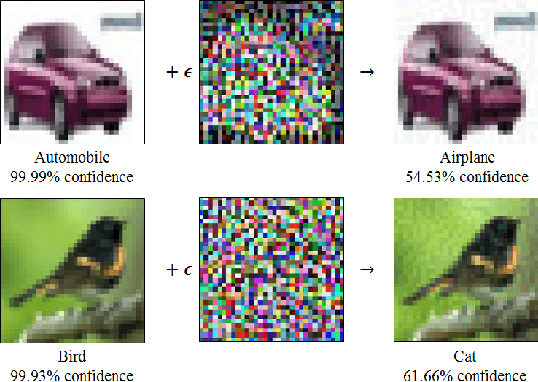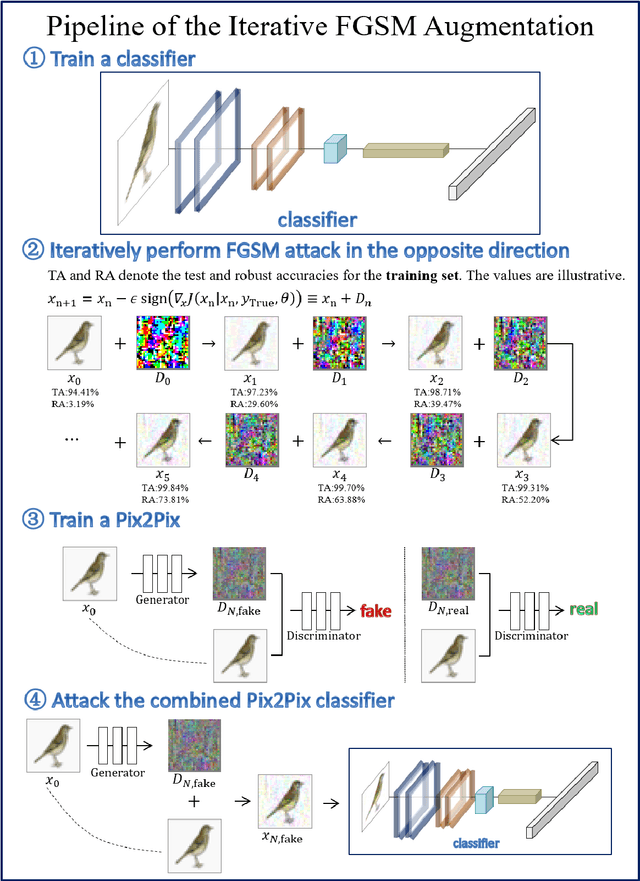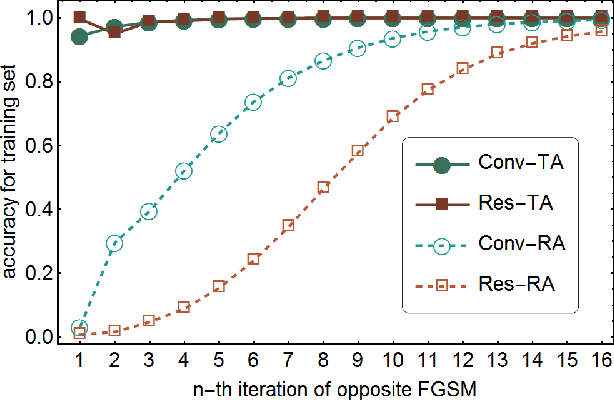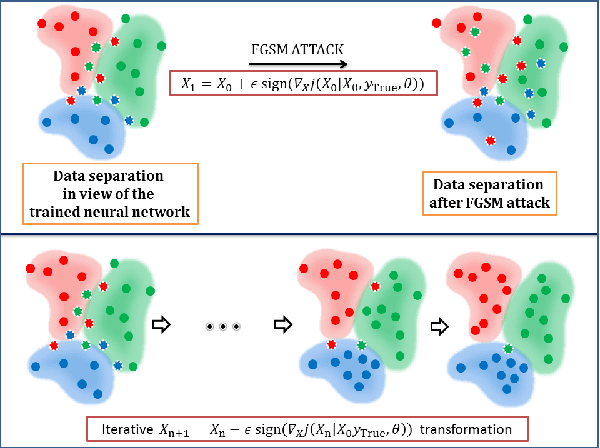Dong-Xiao Zhang
On the uncertainty principle of neural networks
May 03, 2022



Abstract:Despite the successes in many fields, it is found that neural networks are vulnerability and difficult to be both accurate and robust (robust means that the prediction of the trained network stays unchanged for inputs with non-random perturbations introduced by adversarial attacks). Various empirical and analytic studies have suggested that there is more or less a trade-off between the accuracy and robustness of neural networks. If the trade-off is inherent, applications based on the neural networks are vulnerable with untrustworthy predictions. It is then essential to ask whether the trade-off is an inherent property or not. Here, we show that the accuracy-robustness trade-off is an intrinsic property whose underlying mechanism is deeply related to the uncertainty principle in quantum mechanics. We find that for a neural network to be both accurate and robust, it needs to resolve the features of the two conjugated parts $x$ (the inputs) and $\Delta$ (the derivatives of the normalized loss function $J$ with respect to $x$), respectively. Analogous to the position-momentum conjugation in quantum mechanics, we show that the inputs and their conjugates cannot be resolved by a neural network simultaneously.
 Add to Chrome
Add to Chrome Add to Firefox
Add to Firefox Add to Edge
Add to Edge